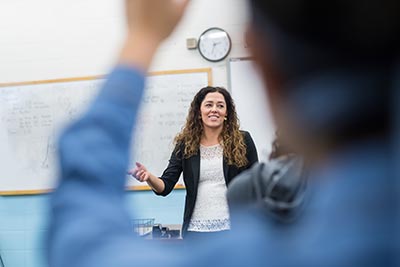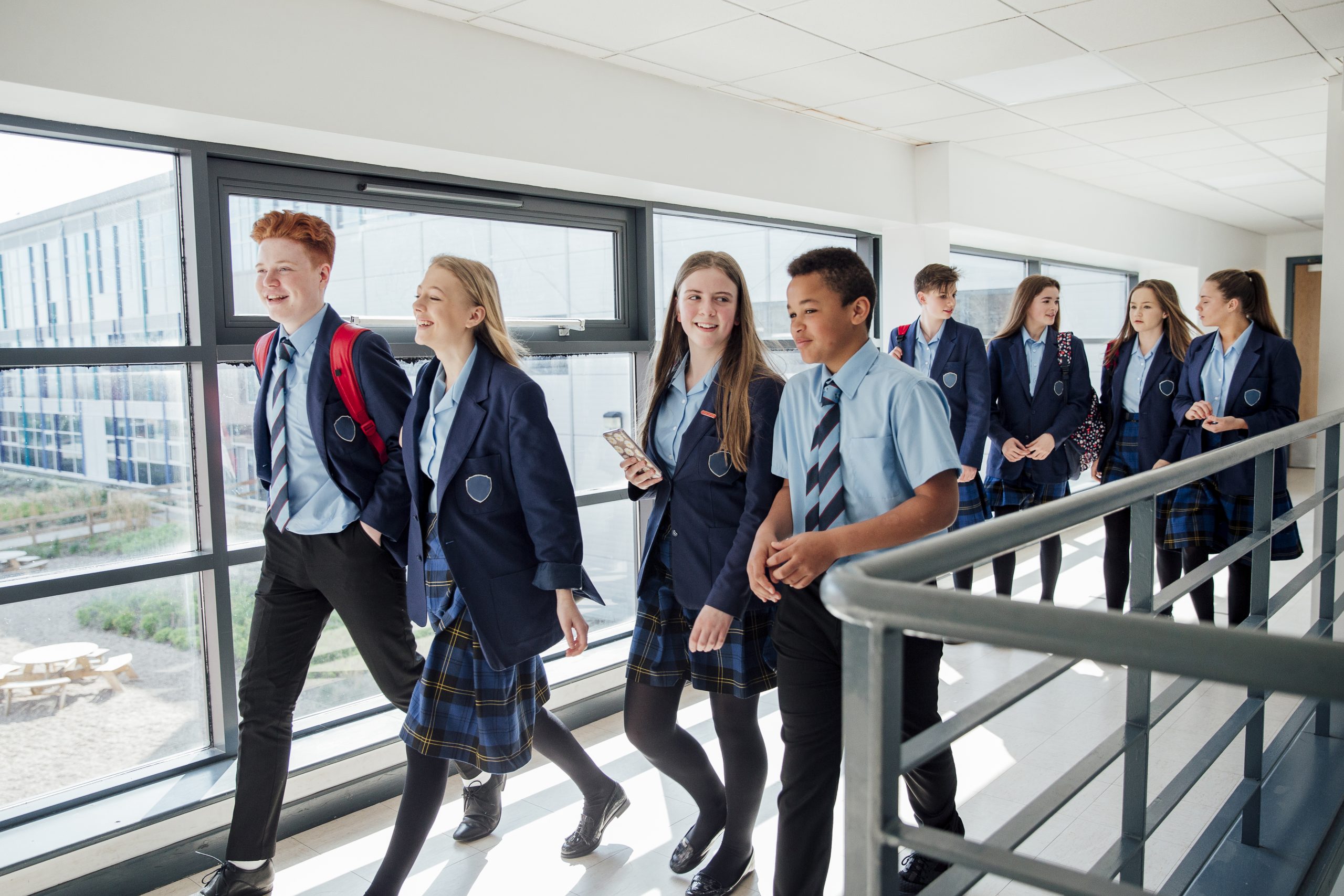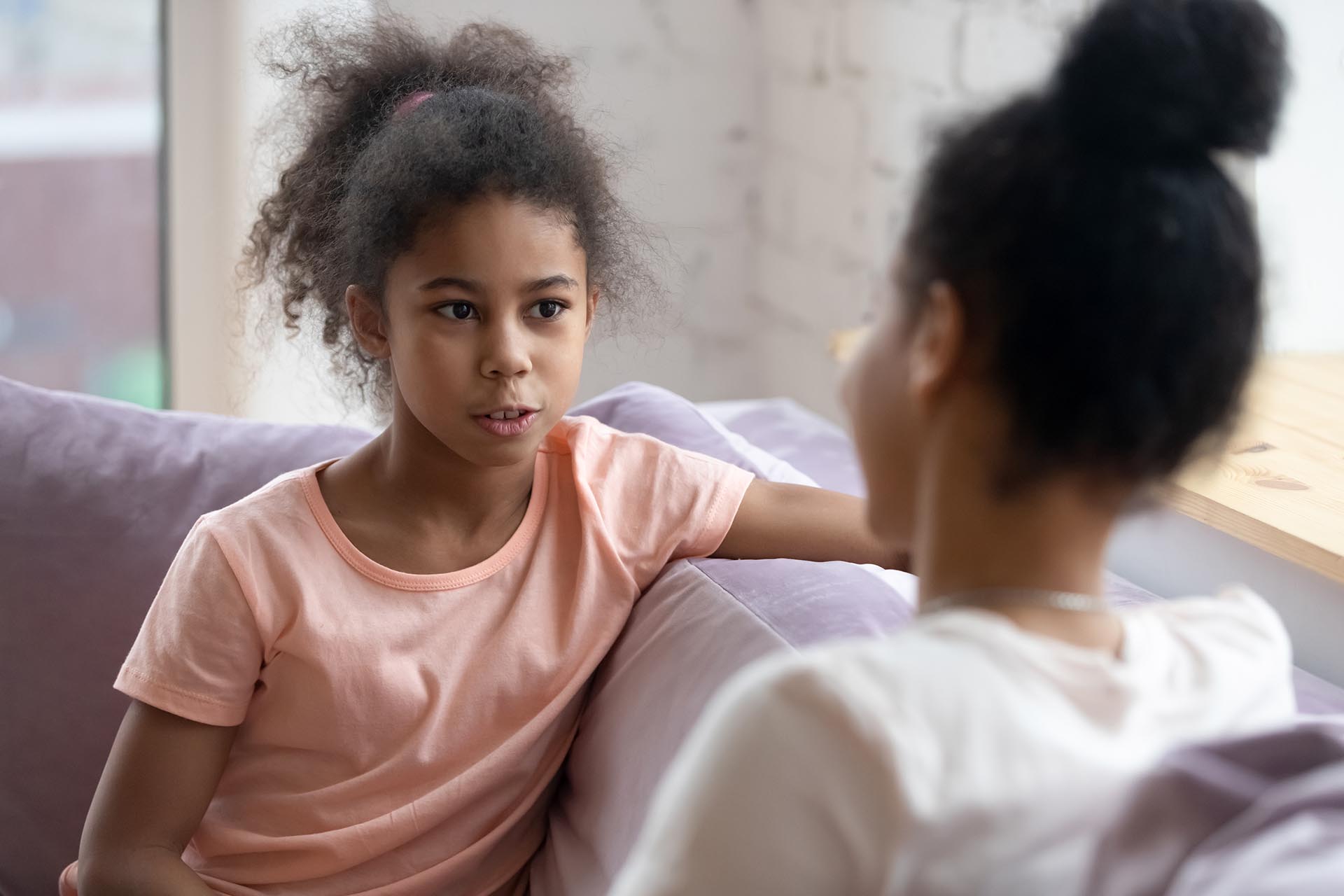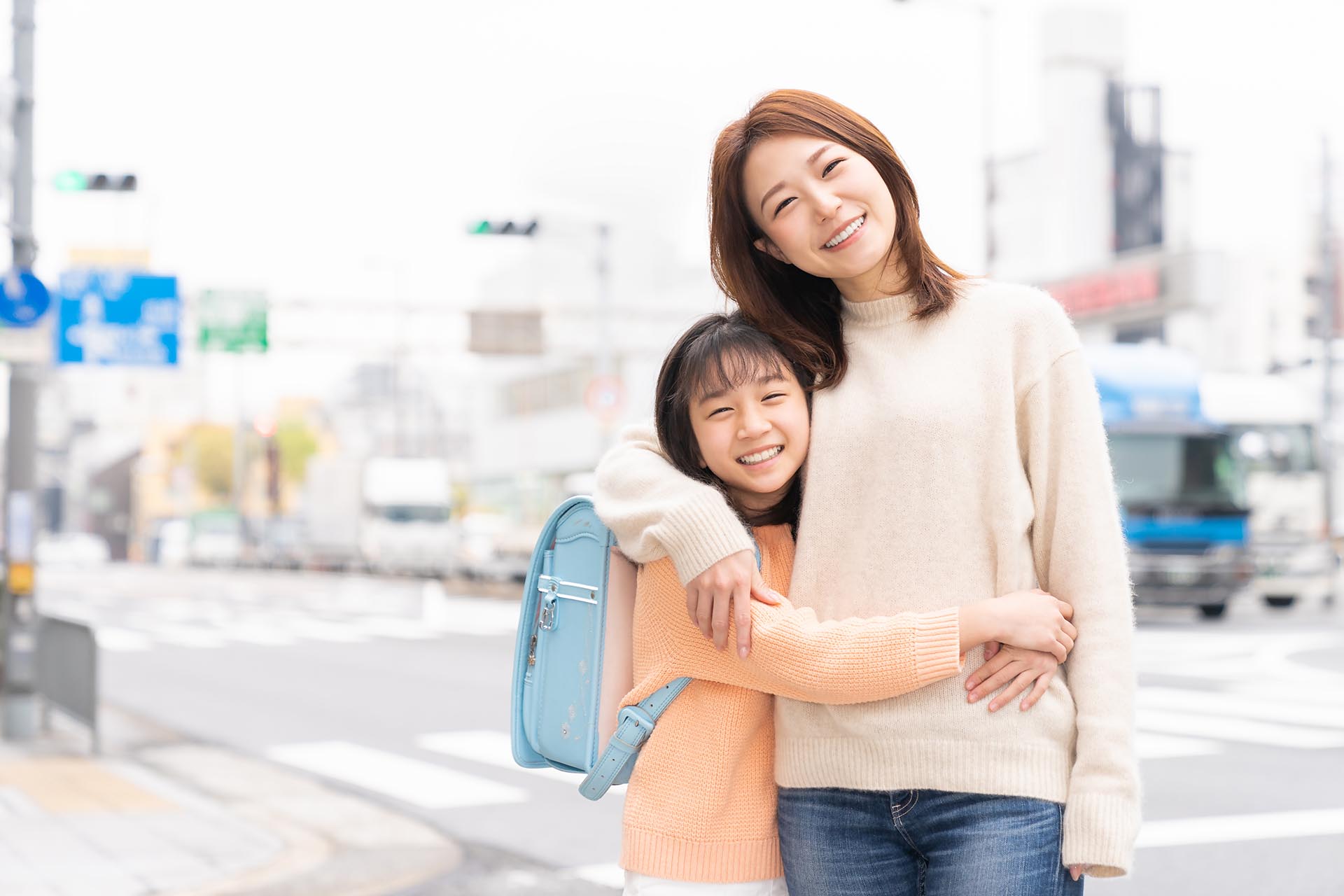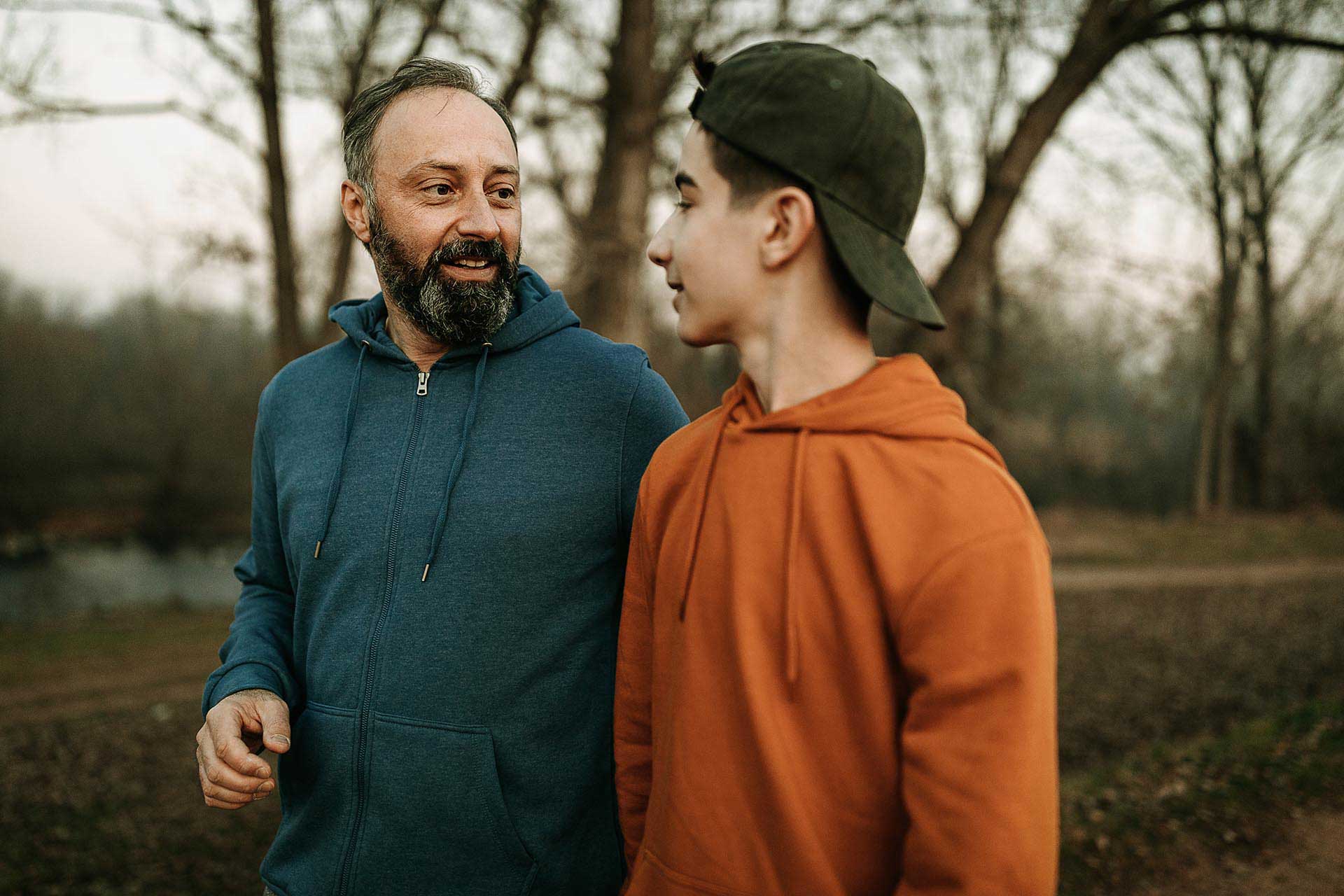The St Luke’s scandal: what they got wrong and right, and how parents can do it better
As COVID-19 outbreaks have been dominating the Australian news these last few weeks, you might have missed a smaller story circulating. The newest scandal surrounds St Luke’s Grammar School in Sydney’s northern beaches, which has come under scrutiny for some of their Christian studies classes. Students were separated by gender and both classes have been criticised; the girls were given articles talking about the importance of staying a virgin until married, and the boys were given a quiz where they had to choose attributes they value most in a girl.
The boys’ exercise might sound fairly innocent (other than its heterocentric main question). Each boy in the class was asked to select up to 25 points worth of qualities they’d want in an ideal girl. But here’s the kicker, the quiz ranked traits such as ‘good looking/attractive’ and ‘a virgin’ at six points, whereas ‘brave – stands up for rights’ only scored two points and ‘generous’, ‘adventurous’ and ‘cares for the world’ came in at one point each.
So, what did St Luke’s get wrong, and what did they get right? The ‘wrong’ is easy. Prizing virginity in women is problematic as it creates a narrative that you ‘lose’ something precious when you have sex. It also perpetuates the idea that sex is something for men to ‘take’ from women, and not something shared between people of any gender. As for the boys’ exercise, placing higher value on attributes like ‘attractive’ and being ‘a virgin’ encourages the idea that a woman’s highest worth is how she looks, and that women are objects to be attained.
But what did St Lukes get right?
Asking young people what qualities they think are important in a partner or in a relationship is actually a great exercise, and one we often do with our students. In teens, this could be asking what they expect from a romantic partner and having a discussion about why one person might value one attribute over another. You can also have these conversations with primary-aged children in terms of what they want from friendships. Of course, assigning points to character traits is probably something to stay away from – but we do like to start discussions around what characteristics they might value over others and why – including how important they think ‘being attractive’ is and why (because it’s all about the discussion!). It’s okay to suggest different qualities, just ask them what their thoughts and opinions are.
Another good question to ask our young people is: ‘Who do you like yourself around?’ If they say a particular friend, a cousin, or whoever, follow up by asking what qualities that person possesses. When children become old enough to think about dating, you can begin chatting with them about what qualities they think are non-negotiable in terms of desirable attributes, what might they see as a ‘deal breaker’, or what preferable but non-essential traits they might look for in a partner.
You might say, ‘You know, I was thinking about your father/auntie/friend and how I really love how compassionate they are and how they always listen. Have you ever thought about what traits are important to you in a partner/good friend? What qualities do they need to have, and what would be a bonus? How important do you think it is that they’re kind? What about smart? Or adventurous. Is it a ‘must’ that they’re good-looking, or is that not such a big deal?’
You also might like to ask them what qualities they believe they can bring to a relationship. By helping young people to think critically about their relationships (whether friendship, romantic or sexual), we’re ensuring they’re more likely to make healthy and safe decisions about who they want to spend their time with.
Further reading
- Body Talk (relationships and figuring it out)
- Scarleteen (‘Sex education for the real world’)
- The Line (information about sex, dating and relationships)
- our post, ‘”Virginity’: myths your teen needs challenged’
